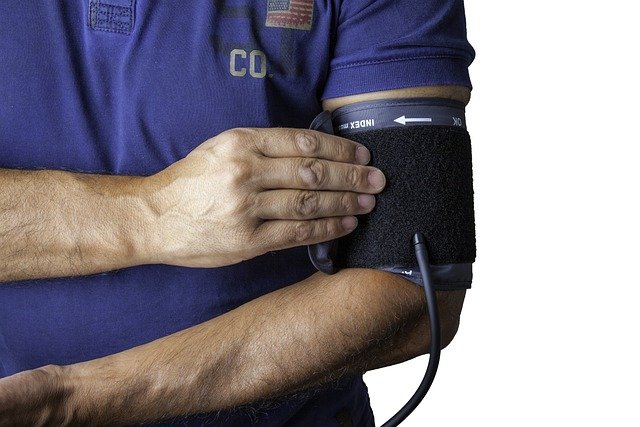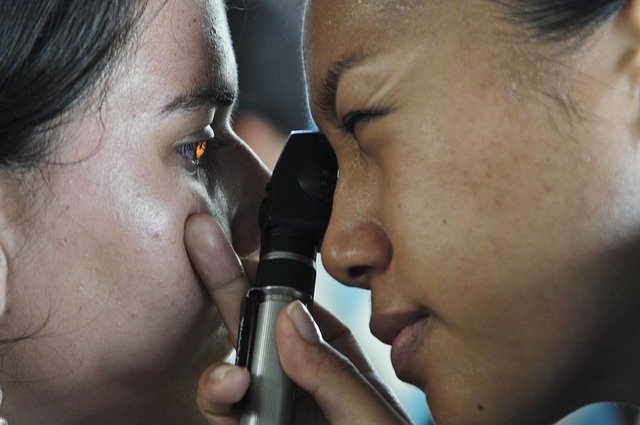Understanding and Treating Sudden Dizziness: Causes and Solutions
Discover what sudden dizziness could indicate, as it may be linked to issues such as inner ear disturbances, low blood pressure, dehydration, or other health concerns. While often temporary, recurring dizziness should be evaluated by a healthcare professional for proper care and management.

What Sudden Dizziness Could Indicate About Your Health
Sudden dizziness can be a warning sign of several health conditions ranging from minor to serious. Inner ear disorders like benign paroxysmal positional vertigo (BPPV), Meniere’s disease, and vestibular neuritis commonly cause dizziness by affecting the balance mechanisms. Cardiovascular issues such as low blood pressure, arrhythmias, or even stroke can manifest as sudden dizziness when blood flow to the brain is compromised. Additionally, metabolic problems including hypoglycemia (low blood sugar), dehydration, and anemia may trigger dizzy spells when they affect cellular function or blood volume. Understanding these potential connections helps healthcare providers determine appropriate diagnostic tests and treatment paths.
Common Causes of Sudden Dizziness
Inner ear problems account for a significant percentage of dizziness cases. BPPV occurs when calcium crystals in the inner ear become dislodged, causing brief but intense spinning sensations with certain head movements. Vestibular neuritis, an inflammatory condition of the inner ear’s balance nerve, can cause severe, persistent dizziness lasting days. Medication side effects are another frequent cause, with blood pressure medications, sedatives, and certain antibiotics known to trigger dizziness as an adverse reaction. Migraine-associated vertigo affects many migraine sufferers, sometimes occurring even without headache pain. Stress and anxiety can manifest physically as dizziness through hyperventilation or tension-related disruptions to normal body function. Identifying the specific cause is essential for targeted treatment.
Diagnosing the Source of Dizziness
Healthcare providers use various diagnostic approaches to determine why sudden dizziness occurs. The process typically begins with a detailed medical history and description of symptoms, including their duration, triggers, and accompanying symptoms. Physical examination often includes tests of balance, eye movements, and positional changes to identify patterns characteristic of specific conditions. Specialized tests such as electronystagmography (ENG) or videonystagmography (VNG) measure eye movements to assess inner ear function. Imaging studies like MRI may be ordered if neurological causes are suspected. Cardiovascular testing, including blood pressure monitoring and electrocardiograms, helps identify heart-related causes of dizziness. This comprehensive approach ensures that treatment targets the actual cause rather than just managing symptoms.
Effective Treatment Approaches for Dizziness
Treatment for dizziness varies significantly based on the underlying cause. For BPPV, canalith repositioning procedures (such as the Epley maneuver) can be remarkably effective, often resolving symptoms in just one or two sessions by guiding displaced calcium crystals back to their proper location. Vestibular rehabilitation therapy helps many patients by retraining the brain to process balance information more effectively through specialized exercises. Medications including antihistamines, anti-nausea drugs, or vestibular suppressants may provide symptomatic relief for acute dizziness episodes. Lifestyle modifications such as adequate hydration, regular meals, and stress management techniques support ongoing management. For cases caused by medical conditions like hypertension or diabetes, treating the underlying condition is paramount for resolving dizziness symptoms.
Prevention Strategies for Recurring Dizziness
Preventing dizzy spells requires identifying and addressing individual triggers. Maintaining proper hydration and steady blood sugar levels through regular, balanced meals can prevent metabolic causes of dizziness. Rising slowly from seated or lying positions helps minimize orthostatic hypotension (dizziness upon standing). Stress management techniques including meditation, deep breathing exercises, and adequate sleep support overall vestibular health. For those with known vestibular disorders, ongoing vestibular exercises may prevent symptom recurrence by maintaining central compensation. Medication review with healthcare providers ensures that any drug-induced dizziness is identified and addressed through dosage adjustments or alternative medications. These preventive approaches can significantly reduce the frequency and severity of dizzy episodes.
When to Seek Emergency Medical Care for Dizziness
While many causes of dizziness are benign, certain situations warrant immediate medical attention. Sudden, severe dizziness accompanied by other symptoms like severe headache, chest pain, difficulty speaking, limb weakness, or facial drooping could indicate serious conditions like stroke and requires emergency evaluation. Persistent vomiting with dizziness may lead to dangerous dehydration. Fainting or loss of consciousness with dizzy episodes suggests potentially serious cardiovascular issues requiring prompt assessment. High fever with dizziness might indicate infection affecting the brain or inner ear. Seeking appropriate medical care ensures that potentially life-threatening conditions receive timely intervention, while less urgent cases can be managed through scheduled healthcare visits.
Dizziness treatment is most effective when targeted at the specific underlying cause rather than applied generically. Working with healthcare providers to determine the precise trigger allows for personalized treatment approaches that address not only the symptoms but the root cause of dizzy episodes. With proper diagnosis and appropriate interventions, most people can find significant relief from dizziness and return to normal daily activities.
This article is for informational purposes only and should not be considered medical advice. Please consult a qualified healthcare professional for personalized guidance and treatment.




